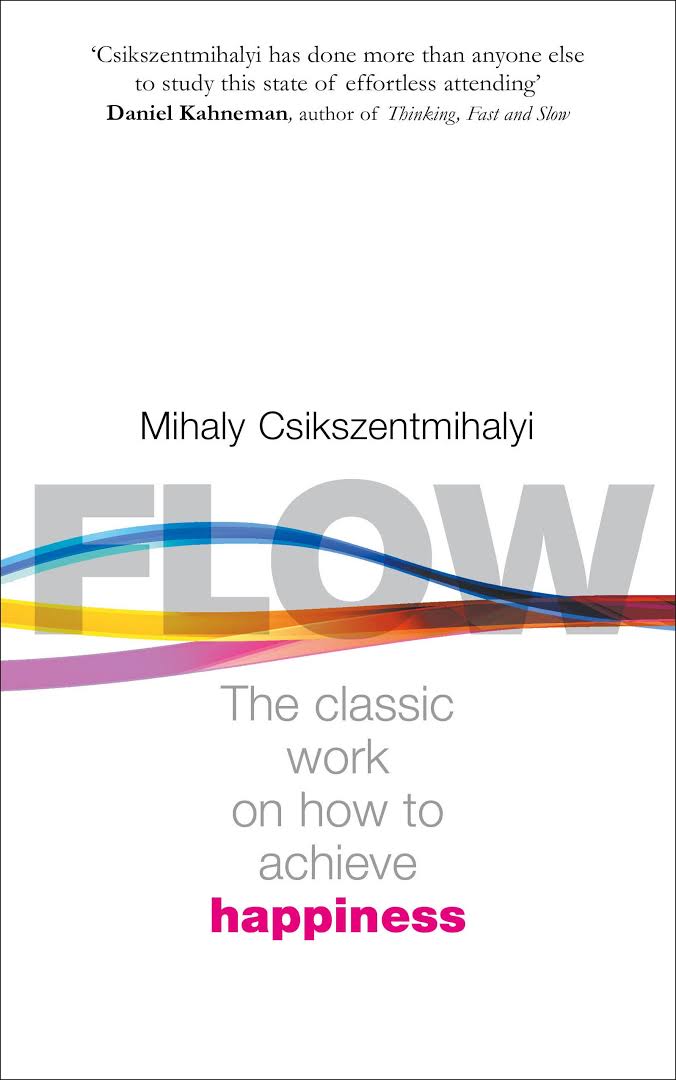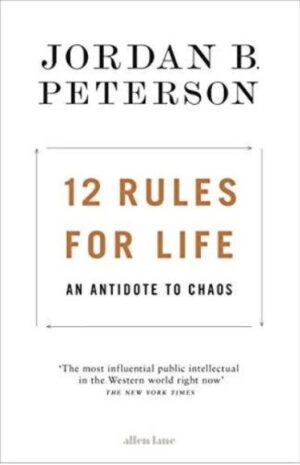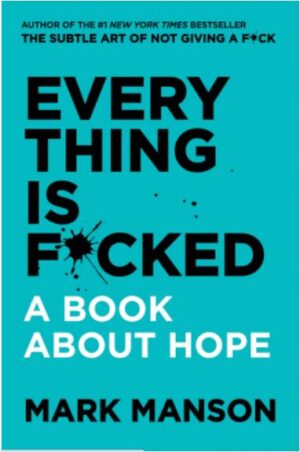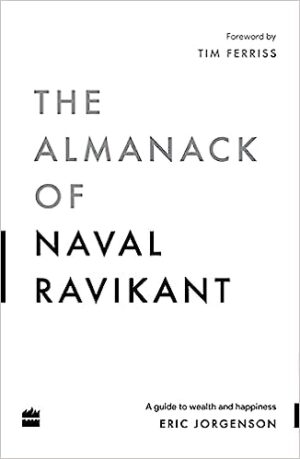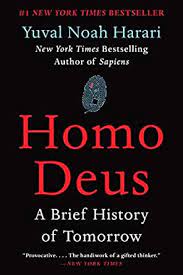Mihaly Csikszentmihalyi, a renowned psychologist, authored “Flow: The Psychology of Optimal Experience,” which was published in 1990. The book delves into the concept of “flow,” a state of optimal engagement where individuals become fully immersed and absorbed in an activity, leading to heightened satisfaction and fulfillment. Here’s a condensed summary of the book’s key points:
1. Introduction: Csikszentmihalyi introduces the concept of flow, which denotes a complete absorption in an activity, accompanied by deep focus, a sense of control, and a lack of self-consciousness.
2. The Elements of Flow: The author outlines the essential components of flow, which include clear goals, immediate feedback, a balance between challenge and skill, and a focused, present-moment awareness.
3. Autotelic Activities: Csikszentmihalyi discusses autotelic activities, inherently rewarding and enjoyable pursuits that often lead to more frequent experiences of flow.
4. The Paradox of Work: The book explores the paradox of work, where seemingly burdensome tasks can become enjoyable and meaningful through the experience of flow.
5. The Flow of Thought: Flow extends beyond physical activities to encompass intellectual and creative pursuits. Csikszentmihalyi explores how individuals can achieve flow in the realm of thought.
6. The Body in Flow: The author examines the mind-body connection during flow experiences, where individuals feel a seamless merging of action and awareness.
7. The Flow of Culture: Flow not only impacts individuals but also has cultural implications. The book explores how flow can positively influence societies and contribute to overall well-being.
8. The Autotelic Self: Csikszentmihalyi explores the concept of the “autotelic self,” individuals predisposed to seeking and achieving flow in their lives.
9. The Making of Meaning: The book discusses how flow experiences contribute to a deeper sense of purpose and fulfillment, influencing the overall meaning in life.
10. Enjoyment and the Quality of Life: Csikszentmihalyi examines the relationship between enjoyment and life satisfaction, asserting that experiencing flow significantly contributes to a higher quality of life.
11. The Waning of Time: During flow, individuals often lose track of time. The author explains this phenomenon and its implications for our perception of time.
12. The Control of Consciousness: Csikszentmihalyi highlights the significance of mastering one’s consciousness to achieve flow more consistently.
In summary, “Flow” explores the concept of optimal human experience, where individuals attain deep engagement, enjoyment, and fulfillment. The book examines the conditions necessary for experiencing flow, its impact on personal and societal well-being, and its role in creating a more meaningful and satisfying life. Csikszentmihalyi’s research and insights in this book have profoundly influenced the fields of psychology, education, and personal development.


